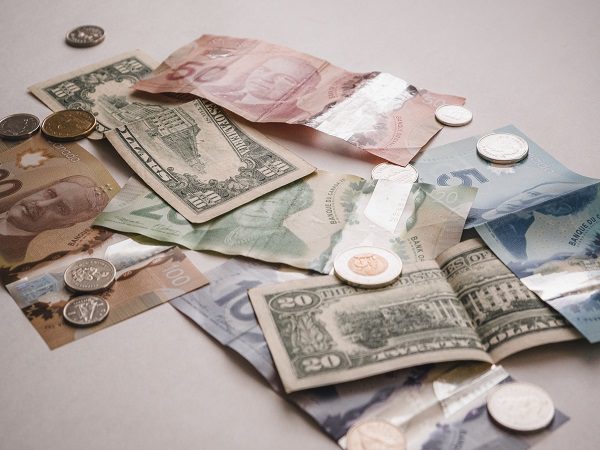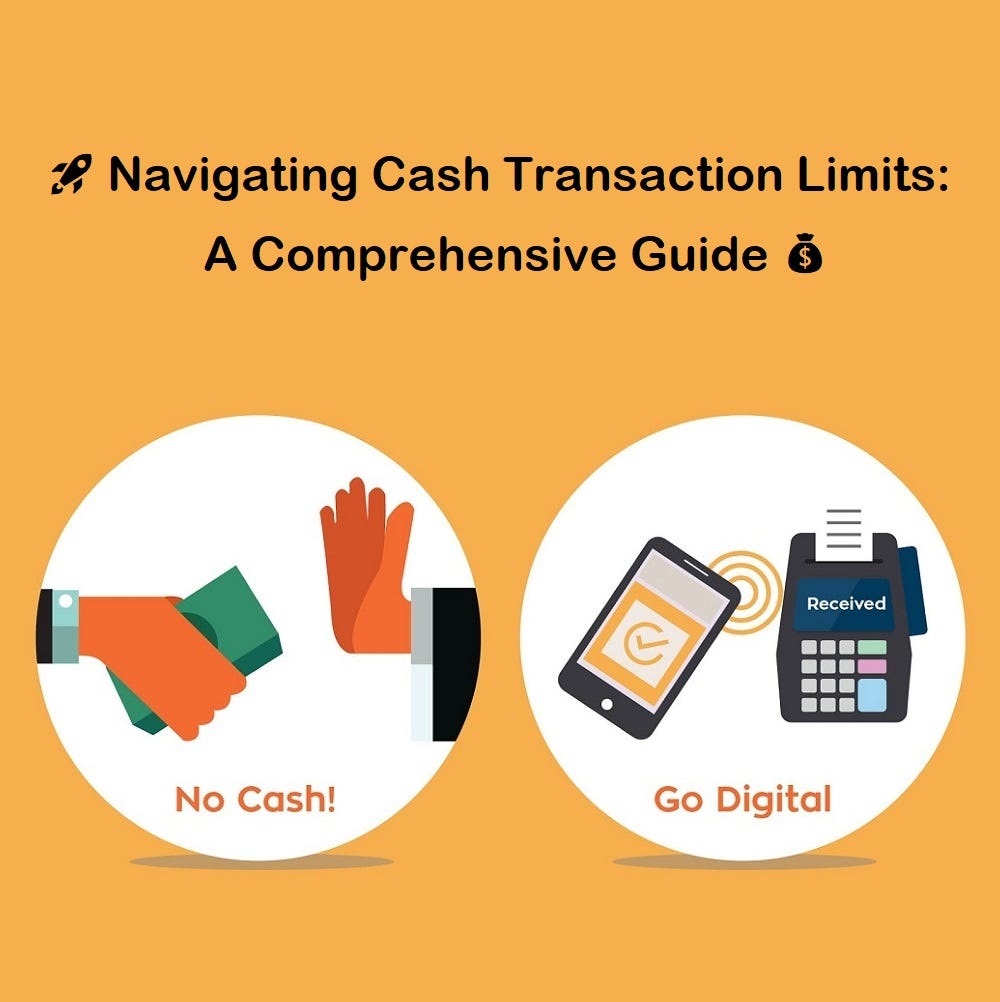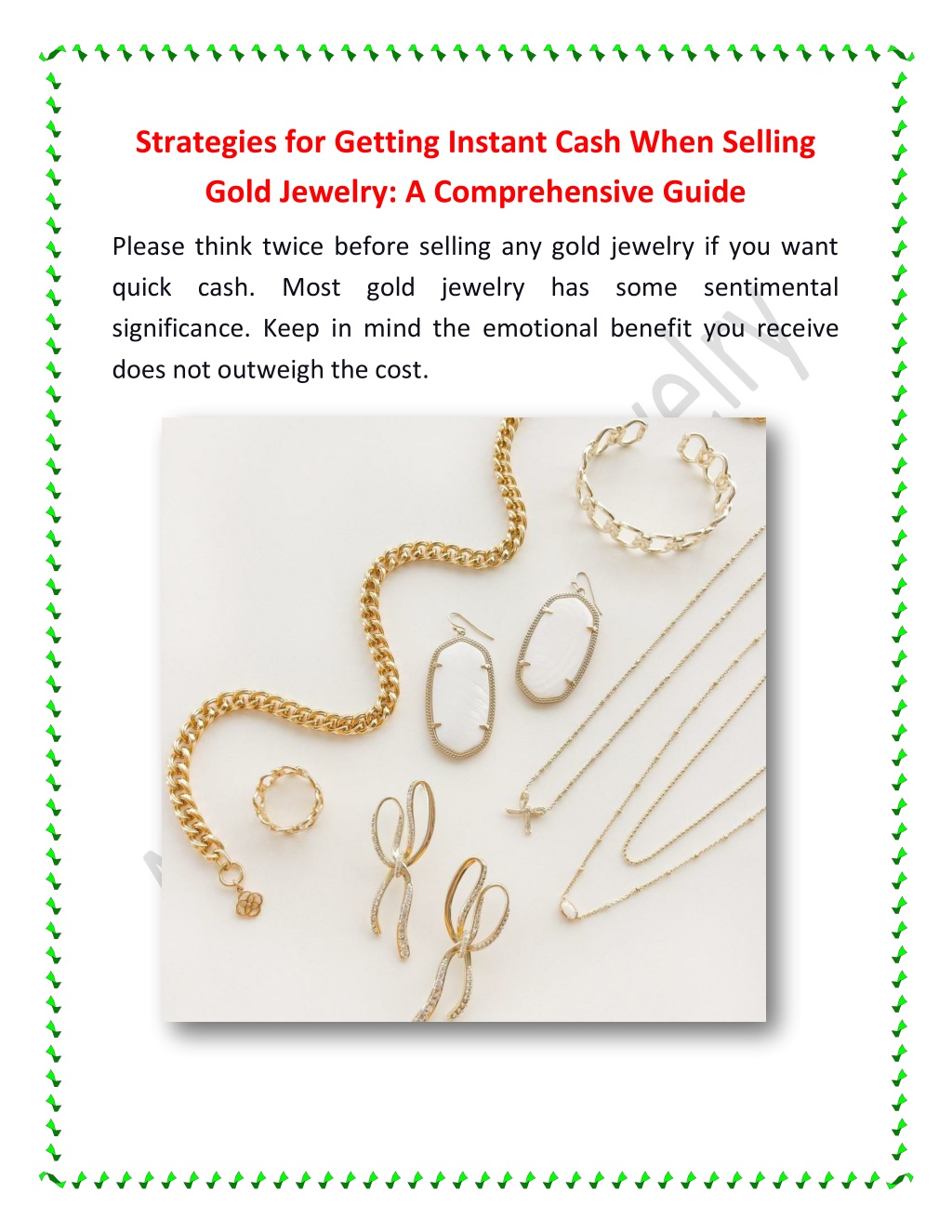Navigating The World Of Cash For Jewelry: A Comprehensive Guide
Navigating the World of Cash for Jewelry: A Comprehensive Guide
Related Articles: Navigating the World of Cash for Jewelry: A Comprehensive Guide
Introduction
With great pleasure, we will explore the intriguing topic related to Navigating the World of Cash for Jewelry: A Comprehensive Guide. Let’s weave interesting information and offer fresh perspectives to the readers.
Table of Content
Navigating the World of Cash for Jewelry: A Comprehensive Guide

The need to quickly convert jewelry into cash arises for various reasons, from unforeseen financial emergencies to simply wanting to liquidate assets. While the concept of selling jewelry for cash might seem straightforward, understanding the market and finding reliable buyers is crucial. This comprehensive guide aims to demystify the process, providing insights into who buys jewelry for cash, how they operate, and the factors influencing the transaction.
Who Buys Jewelry for Cash: A Diverse Landscape
The market for cash jewelry purchases is diverse, encompassing a range of individuals and businesses, each with their own unique approach and clientele. Understanding these entities and their motivations is essential for making informed decisions when selling your jewelry.
1. Pawn Shops:
- Role: Pawn shops are a common and readily accessible option for selling jewelry for cash. They provide short-term loans secured by the jewelry, offering immediate liquidity.
- Process: Pawn shops typically assess the jewelry’s value based on its material, karat, weight, and condition. They offer a loan amount, usually a fraction of the estimated value, with the option to redeem the jewelry within a specified timeframe by repaying the loan plus interest. If the loan is not repaid, the pawn shop retains the jewelry and sells it to recoup their investment.
- Pros: Convenience, speed, and immediate cash access.
- Cons: Lower payout compared to other options, potential for high interest rates, and limited flexibility in terms of redemption.
2. Jewelry Buyers:
- Role: These businesses specialize in purchasing jewelry for cash, often focusing on specific types of jewelry like gold, diamonds, or watches. They typically operate independently or as part of larger pawn shop chains.
- Process: Jewelry buyers conduct a thorough evaluation, considering the metal purity, gemstone quality, design, and overall condition. They offer a cash price based on their appraisal, aiming to purchase jewelry at a discounted rate to resell for a profit.
- Pros: Potentially higher payouts compared to pawn shops, specialized expertise in evaluating jewelry.
- Cons: May offer lower prices than other options, limited selection of jewelry they purchase.
3. Precious Metal Refiners:
- Role: Precious metal refiners specialize in buying scrap gold, silver, platinum, and other metals. They process the raw materials to extract pure metals, which are then sold to manufacturers or investors.
- Process: Refiners typically purchase jewelry based on its weight and metal content. They often have strict requirements regarding purity and may not accept certain types of jewelry, such as those with gemstones or intricate designs.
- Pros: Highest payouts for precious metal content, ideal for selling broken or unwanted jewelry.
- Cons: Limited to precious metals, may not accept all types of jewelry.
4. Online Jewelry Buyers:
- Role: Online platforms have emerged as a convenient option for selling jewelry for cash. These platforms connect sellers with reputable buyers, often jewelry stores, dealers, or refiners.
- Process: Sellers typically provide details about their jewelry, including photos and descriptions. The platform facilitates communication with potential buyers, who submit offers based on their assessment. Once an offer is accepted, the seller ships the jewelry for evaluation and payment.
- Pros: Convenience, potential for higher payouts, wider market reach.
- Cons: Shipping costs, potential for scams, reliance on online communication.
5. Auction Houses:
- Role: Auction houses offer a platform for selling high-value jewelry, often with a historical or artistic significance. They conduct auctions, where bidders compete to purchase items.
- Process: Auction houses typically charge a commission on the final sale price, which can be significant for high-value items. They require expert appraisal and documentation for authenticity and value.
- Pros: Potential for high returns, exposure to a global market.
- Cons: High commission fees, limited to high-value items, auction results can be unpredictable.
Factors Influencing the Cash Value of Jewelry:
Several factors determine the cash value of your jewelry, influencing the offers you receive from different buyers.
1. Metal Purity:
- Gold: The karat (K) indicates the purity of gold. 18K gold is 75% pure gold, while 14K gold is 58.3% pure. Higher karat gold generally commands higher prices.
- Silver: Sterling silver is 92.5% pure silver, while fine silver is 99.9% pure. The purity of silver influences its value.
- Platinum: Platinum is a rare and valuable metal, often used in high-end jewelry. Its purity also plays a role in its value.
2. Gemstones:
- Diamond: The 4Cs (carat, color, clarity, and cut) determine the value of a diamond. Larger, colorless, flawless diamonds with excellent cuts are the most valuable.
- Other Gemstones: Gemstones like sapphires, rubies, emeralds, and pearls are also valued based on their color, clarity, cut, and origin.
3. Design and Style:
- Contemporary vs. Vintage: Contemporary designs may be more readily marketable, while vintage pieces can hold sentimental or historical value.
- Brand Name: Recognizable brand names, such as Cartier, Tiffany & Co., or Rolex, often command higher prices.
- Condition: The condition of the jewelry significantly impacts its value. Scratches, dents, or missing stones can significantly reduce its worth.
4. Market Demand:
- Popularity: Certain styles and gemstones are more in demand than others, influencing their market value.
- Seasonal Trends: Jewelry sales can fluctuate based on seasonal trends and holidays.
5. Buyer’s Reputation and Expertise:
- Established Buyers: Reputable buyers with established reputations in the market often offer more competitive prices.
- Expertise: Buyers with specialized knowledge of jewelry can accurately assess its value and offer fair prices.
FAQs: Navigating the Cash for Jewelry Market
1. How do I find a reputable buyer for my jewelry?
- Research: Conduct thorough research online and through local directories to identify reputable buyers.
- Reviews: Read reviews and testimonials from previous customers to gauge the buyer’s reputation and customer satisfaction.
- Referrals: Seek referrals from trusted sources, such as friends, family, or jewelers.
2. What documents should I bring when selling my jewelry?
- Proof of Ownership: Provide proof of purchase or any documentation that confirms your ownership of the jewelry.
- Appraisal: If available, bring an appraisal from a reputable gemologist or jewelry appraiser.
3. What is the best way to prepare my jewelry for sale?
- Cleaning: Clean your jewelry thoroughly to remove dirt, grime, and fingerprints.
- Polishing: Consider polishing your jewelry to enhance its appearance and potentially increase its value.
- Organization: Organize your jewelry and create a list of items you are selling, including descriptions and any relevant details.
4. How do I protect myself from scams?
- Avoid High-Pressure Tactics: Be wary of buyers who pressure you into making a quick sale.
- Verify Identity: Verify the buyer’s identity and business legitimacy.
- Get Everything in Writing: Ensure all terms and conditions are clearly outlined in a written agreement.
5. What are the tax implications of selling jewelry for cash?
- Capital Gains Tax: You may be subject to capital gains tax if you sell jewelry for a profit.
- Consult a Tax Professional: It is advisable to consult with a tax professional to understand your specific tax obligations.
Tips for Selling Jewelry for Cash:
- Know Your Jewelry: Research your jewelry to understand its material, gemstones, and design.
- Get Multiple Quotes: Obtain quotes from several buyers to compare prices and terms.
- Negotiate: Be prepared to negotiate the price with the buyer.
- Consider Insurance: Insure your jewelry during the sale process to protect yourself against loss or damage.
- Keep Records: Maintain records of all transactions, including receipts and any written agreements.
Conclusion: Making Informed Choices
Selling jewelry for cash requires careful consideration and due diligence. By understanding the market dynamics, identifying reputable buyers, and navigating the process with knowledge and caution, individuals can maximize their returns and ensure a smooth and secure transaction. Remember, research, preparation, and a healthy dose of skepticism are key to a successful experience in the world of cash for jewelry.







/200419786-011-56b06c585f9b58b7d0232f85.jpg)
Closure
Thus, we hope this article has provided valuable insights into Navigating the World of Cash for Jewelry: A Comprehensive Guide. We appreciate your attention to our article. See you in our next article!
You may also like
Recent Posts
- The Enduring Appeal Of XP Jewelry: A Timeless Symbol Of Achievement
- A Global Tapestry Of Adornment: Exploring World Collections Of Jewelry
- The Evolution Of A Brand: Understanding The Name Change Of Lola Rose Jewellery
- Navigating The UK’s Jewelry Wholesale Landscape: A Comprehensive Guide
- The Allure Of Effy Jewelry: Unveiling The Reasons Behind Its Premium Pricing
- The Enduring Appeal Of Gold Jewelry: A Timeless Investment
- The Art Of Harmony: Elevating Your Style Through Accessory Coordination
- The Comprehensive Guide To Wholesale Jewelry Supplies Catalogs: A Treasure Trove For Jewelry Makers And Businesses
Leave a Reply